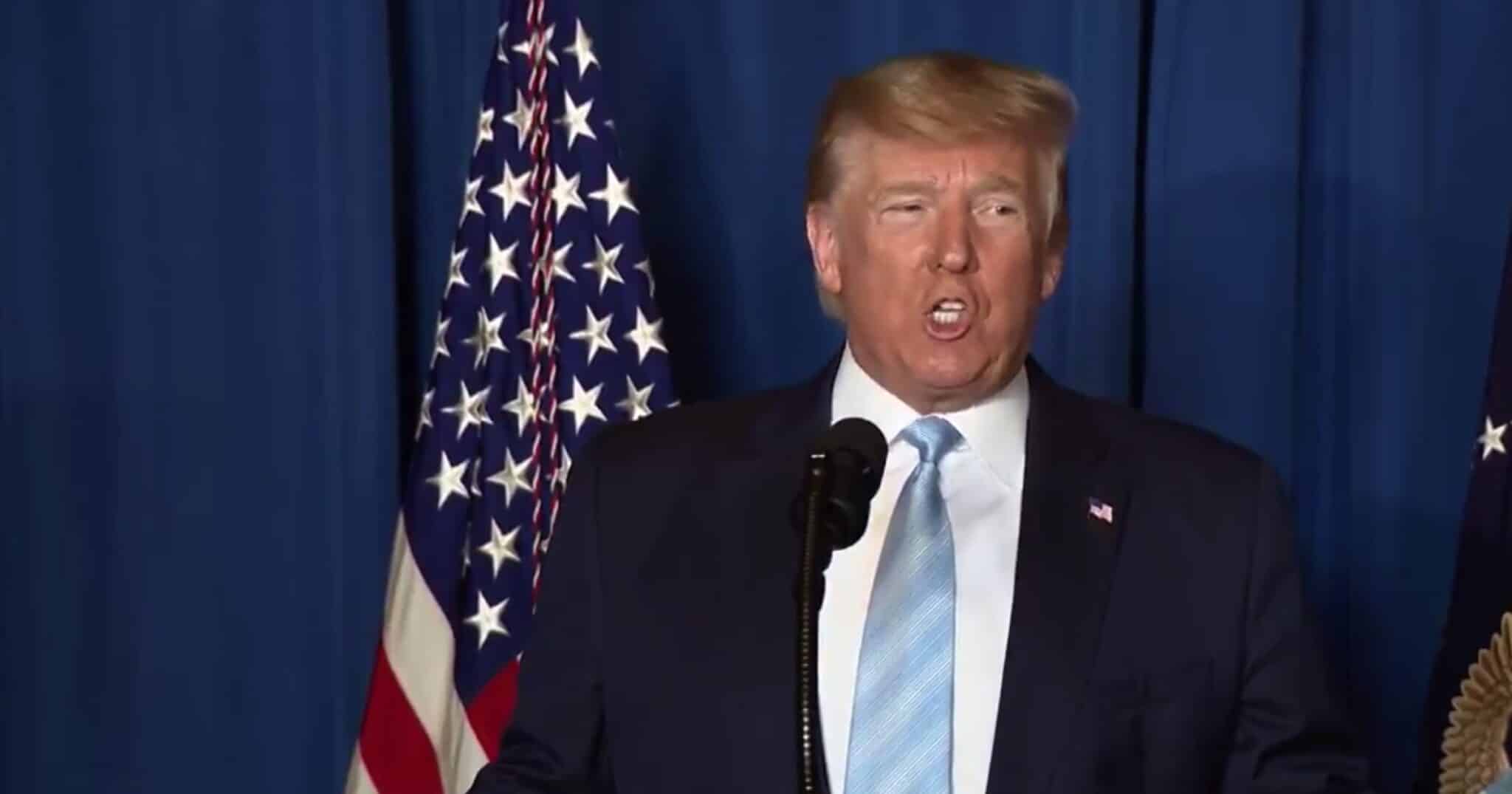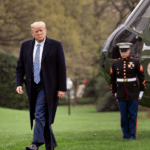This decision emerges amidst allegations that Bailey engaged in a private discussion with Judge Arthur Engoron, who presided over Trump’s civil fraud trial. Trump has received court approval to subpoena Adam Bailey following significant trial outcomes and spurred an ethics probe into the lawyer's claims.
The Washington Examiner reported that Bailey, a New York-based attorney, publicly boasted about his unsolicited legal advice to Judge Engoron concerning Trump's case.
This was broadcast on NBC, triggering questions about the appropriateness of such an interaction. After these revelations, Trump's legal team filed a request to subpoena Bailey to delve deeper into the alleged conversation.
Magnitude of Fraud Verdict and Subsequent Actions
Previously, Judge Engoron issued a ruling that held Trump and executives at the Trump Organization responsible for business fraud, ordering them to pay $454 million in damages.
This landmark decision was made public before Bailey's claims surfaced, leading to an intense scrutiny of Engoron's judgments and the processes surrounding them.
Following NBC's report of Bailey's admission, an official ethics investigation was launched to assess the veracity and implications of the alleged private conversation between Bailey and Engoron. Initiating this investigation highlighted the gravity and potential consequences of such interactions in judicial proceedings.
Judge Engoron, addressing the situation, noted that while Trump’s subpoena was broad, parts of it had merit because Bailey had “opened the door” with his public disclosures.
Engoron’s spokesperson, Al Baker, further reassured the public by stating that no improper interaction had taken place and that Engoron's unbiased decision in February was solely his own.
The court eventually allowed a narrower version of the subpoena, directing Bailey to submit the requested documents within seven days. This adjustment shows judicial consideration and careful balancing of legal rights and procedural integrity.
Further Legal Implications and Appeal Efforts
Despite the ongoing legal fray, Trump’s legal representatives have signaled intentions to appeal Engoron’s ruling on the fraud case, arguing inconsistencies and alleged procedural oversights.
This appeal forms part of a broader strategy to challenge what Trump has repeatedly labeled as unfair legal treatment.
Trump’s move to subpoena Bailey underscores the depth of the legal strategies employed and the complex layers of accountability and ethics in judiciary processes. The court's meticulous handling of the subpoena request reflects an adherence to ensuring justice while respecting the judicial parameters set forth for such cases.
The unfolding events raise pivotal questions about judicial conduct, lawyer-client interactions, and the impact of media on high-profile legal cases.
Engoron’s stern rebut to the claims and the subsequent adjustments to the subpoena request align with an ongoing commitment to uphold the integrity of the judicial process.
As the case progresses, it remains to be seen how Bailey's response and the findings of the ethics investigation will influence perceptions of judicial fairness and trust in legal representations. The resolution of these complex legal questions will undoubtedly have lasting implications for the legal landscape and those involved in the proceedings.
Conclusion
In conclusion, the granting of the subpoena, the ethics investigation, and the high-profile nature of the case bring to light issues of judicial conduct, legal ethics, and the profound responsibilities of those within the legal system.
This case serves as a crucial point of reference for evaluating and safeguarding the principles of justice and impartiality in American jurisprudence.









